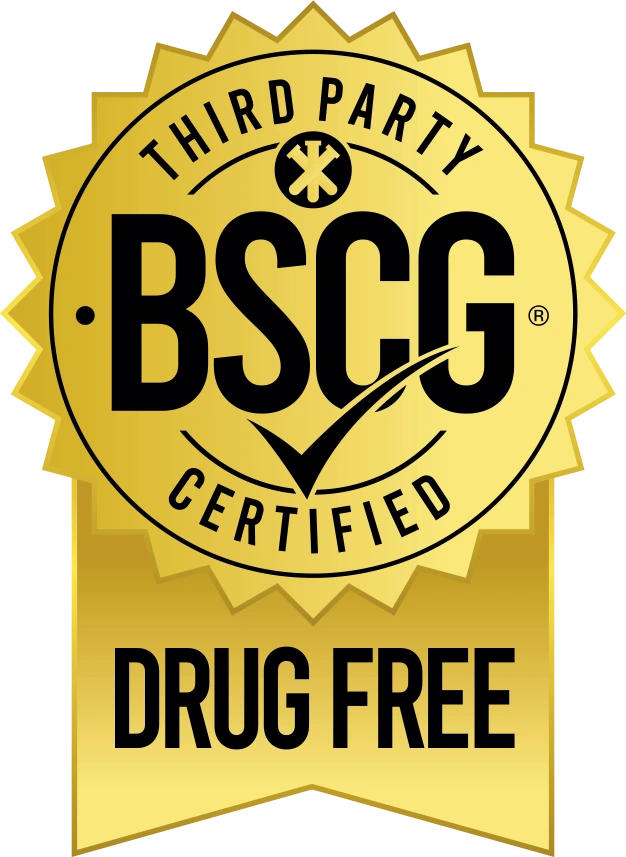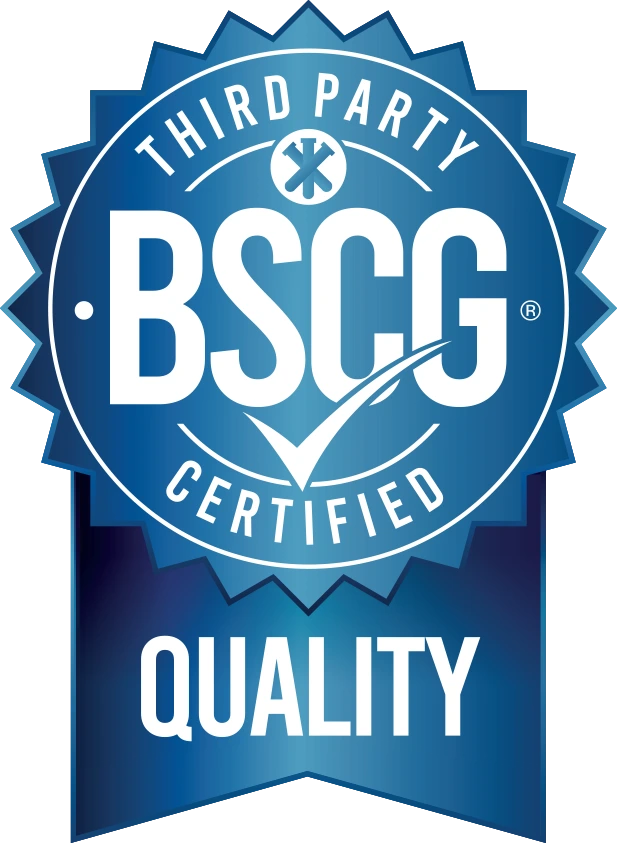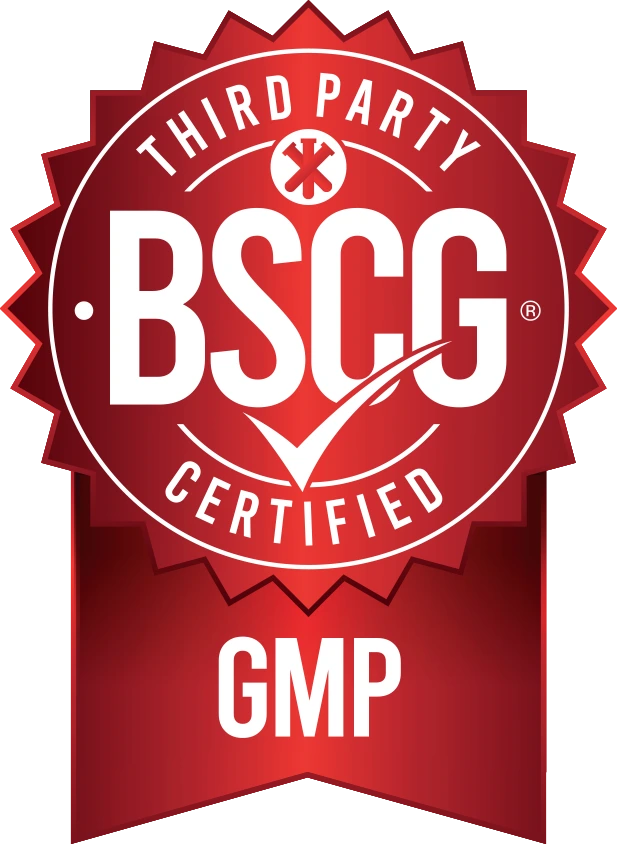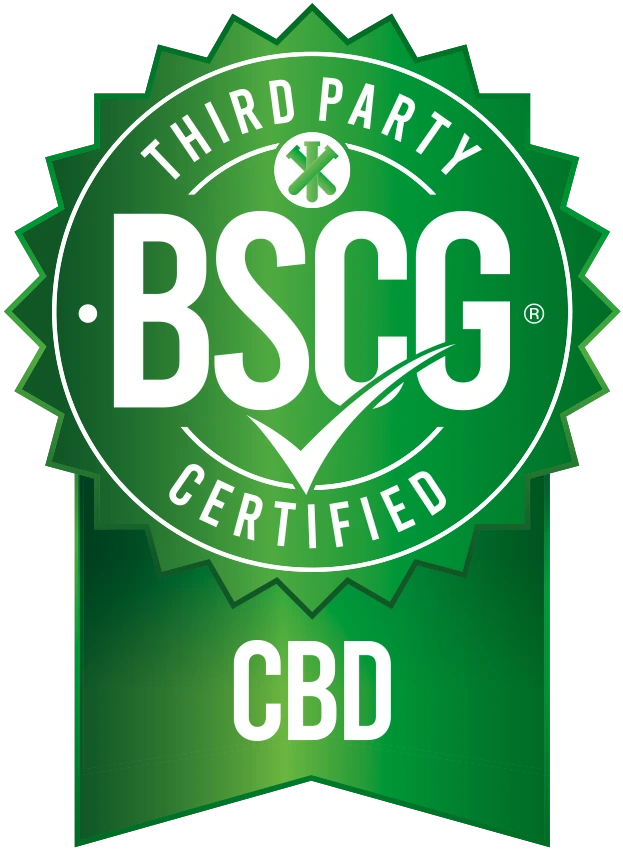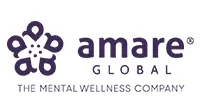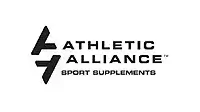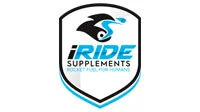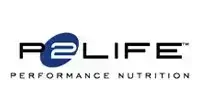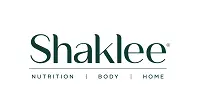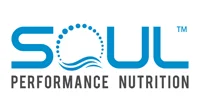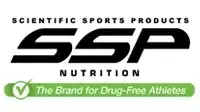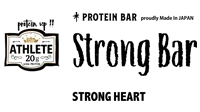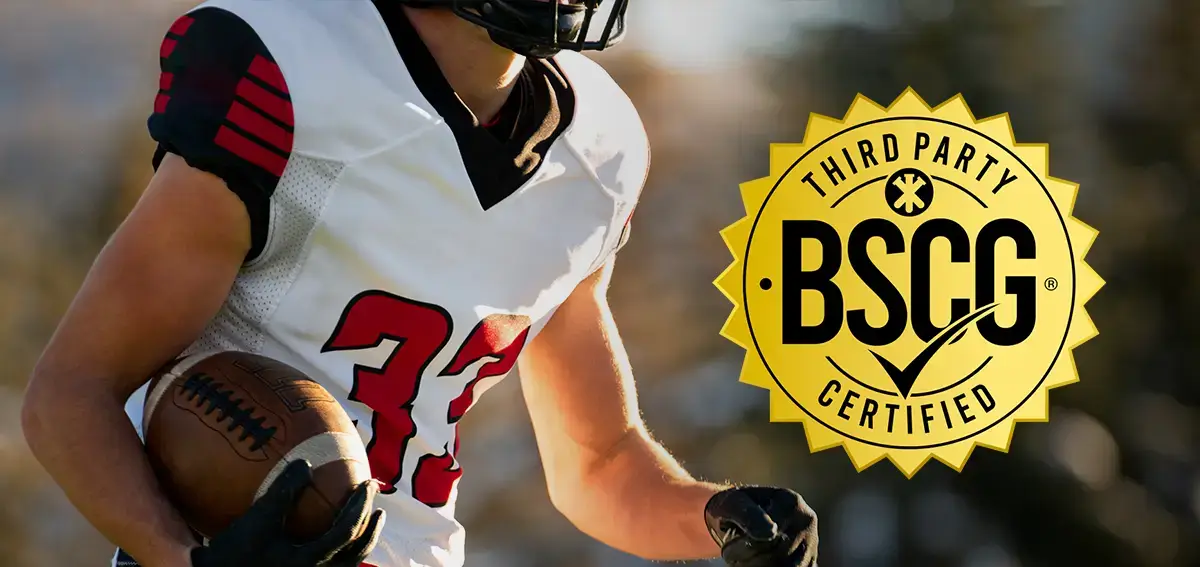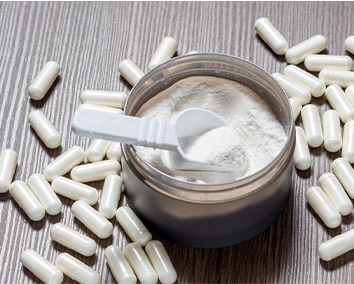Are You Really Fit to Serve?
Dec 06, 2022


Not everyone has ambitions of enlisting.
However, if the thought has ever crossed your mind, it’s worth making sure your body can cope with the demands should the desire ever arise.
So, what does it take to be eligible?
The military knows what it needs: strength, endurance, and stamina.
To this end, it has created an Army Physical Fitness Test (APFT) that you must pass to be considered.
This is what the three events look like.
Two minutes of push-ups.
Two minutes of sit-ups.
A timed two-minute run.
Sounds easy, right?.
On paper, sure. In reality? Not really.
Your results give you a score based on your age, gender, and reps you can do.
The bare minimum?
For people aged 17-21 you need to do 35 push-ups (13 for women), 47 sit-ups (47 for women) and finish the 2-mile run in 16:36 minutes (19:42 for women).
For people aged 22-26 you need to do 31 push-ups (11 for women), 43 sit-ups (43 for women) and finish the 2-mile run in 17:30 minutes (20:36 for women).
Why a 22-year-old must do fewer reps than a 21-year-old is rather inexplicable to us, but there’s no hiding from these numbers.
Bank 77 push-ups and you get 100 points.
Bank 82 sit-ups and you get 100 points.
Reach 180 points and you’re in.
So, what’s the defining rule of upping your game with respect to the APFT tests so you post a good score?
One word: practice.
These are things you can train at home by yourself, just do 2-3 max rep sets on push-ups and sit-ups at different points throughout your day and you’ll soon see the progression to post a good score.
t really is that simple.
Regardless of whether you want to enlist or not, you should always set standards for yourself and if these markers are good enough for the military, they’re probably good enough for you.
If you are in the military or are thinking about signing up, a solid diet, recovery and supplement plan are essential for getting the best out of your body.
First responders, tactical professionals, and military service members justifiably take things seriously so make sure that everything you do is above board, your supplements included.
All branches of the armed forces and first responders are subject to drug testing for not only their safety, but for the safety of the public.
Even if you’re not taking any banned substances, your supplements can pose a risk for failing a test if you’re not careful. This includes things like your protein shakes. One issue could mean the end of your career.
Make sure you always choose dietary supplements that have been certified by a third-party to be free of banned substances. Operation Supplement Safety (OPSS) offers supplement advice to the U.S. Department of Defense including a checklist for making good supplement choices. OPSS acknowledges the BSCG Certified Drug Free program as one of the leaders in third-party certification for banned substances.
Every lot of BSCG Certified Drug Free supplements are tested for more than 505 drugs including 296 drugs on the WADA Prohibited List and 209 OTC, illicit, or prescription drugs – the most comprehensive testing menu in the realm of third-party certification for banned substances.
This gives you the maximum protection possible against the hidden risks of dietary supplement contamination so you won’t have to worry about failing a drug test, leaving you to serve with confidence.
To keep yourself safe, look for supplements with the BSCG Certified Drug Free seal.



